Search Results for 'Browne'
27 results found.
Commercial Boat Club, 150 years
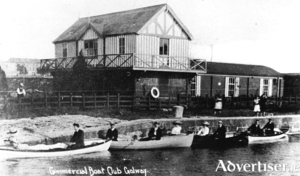
As a result of a number of years planning by some enterprising young men, a meeting took place in the hall of the Mechanics Institute on this day, May 15 1875, one hundred and fifty years ago with the purpose of forming Galway Commercial Rowing Club. The resolution was formally proposed and seconded and unanimously adopted. The subscription was fixed at £1 which included the entrance fee and the annual sub. The following committee was elected – Laurence Carr, J St George Joyce, Morgan Lee, Thomas O’Gorman, Thomas Hogan, Thomas Hayes McCoy, Y Kean, James Maher, B Roche and Patrick Bodkin. In addition, 62 members enrolled.
Swimming in Salthill
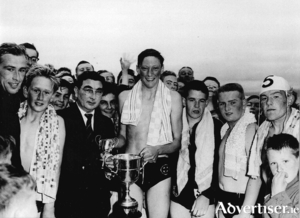
Swimming is the self-propulsion of a person through water as a form of recreation, exercise or survival. It has numerous health benefits and is good for all ages and all levels of fitness. It is among the top public recreational activities. One can swim in the sea, the lake or river.
Adventures for all ages at Westport House and Estate
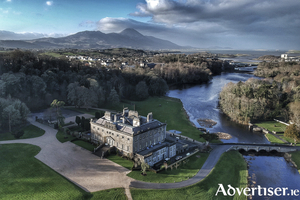
Boasting a new adventure park, multiple on-site eateries, guided tours and a leisure centre, the new and improved Westport House and Estate is a must visit destination this summer.
Literary events at this year's Clifden Arts Festival
This year's 46th Clifden Arts Festival is set to uphold its tradition of nurturing artistic passion and fostering creative expression.
Lifesaving in Galway
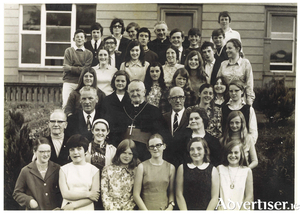
Organised water safety in Ireland really began in Milltown Malbay, Co Clare in the 1930s when a lady drowned there. This galvanised the local community into forming a Water Safety Association to help swimmers who got into trouble. The idea spread through Co Clare and eventually to the whole country. The national water safety section, set up by the government, was run by the Red Cross.
Darkie Barton
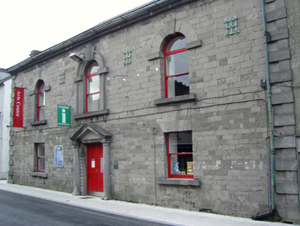
Professional boxer Kid Johnson, an American light-weight champion, was touring Ireland in 1902. In January, while at the Town Hall in Castlebar, he sparred with Darkie Barton. The Boxing World & Mirror of Life announced that Barton, an 'old man' in boxing circles, held his own, and afterwards, the pair agreed to a formal match. In September 1901, Barton had been knocked out in one minute and five seconds by Henry Brown, Liverpool's 'coloured champion'. Browne had also disposed of Johnson in four rounds.
Pearse Stadium, Páirc an Phiarsaigh
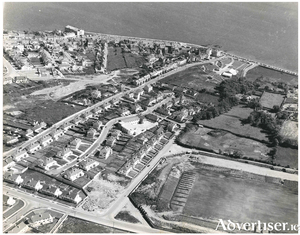
Sixty six years ago this week, on June 16 1957, Pearse Stadium opened.
Galway auctioneers
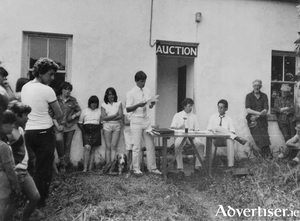
An auctioneer is described as an agent who accepts bids and sells goods at auction. The profession goes back thousands of years. In ancient Babylon, for instance, they used to hold auctions of women for marriage, indeed it was considered illegal to allow a daughter to be sold outside the auction process. In ancient Rome, they regularly held slave auctions. The idea of auctions as we know them today began in England in the late 17th century. They were referred to as English auctions where bids came in an ascending order.
Uncomfortable history and collective memory
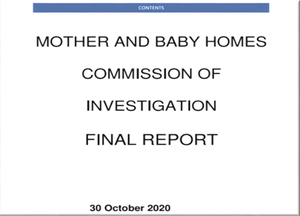
I have been talking a lot recently about public or collective memory. The series of commemorations that began two years ago illustrates that while we may have different interpretations of the events that gave rise to the birth of our nation, it is clear that the happenings of 1919-1923 are firmly embedded in the collective conscience. We will never agree on the finer detail of the roles played by the principal protagonists involved in the Treaty negotiations of 1921.
The happiest days of our lives
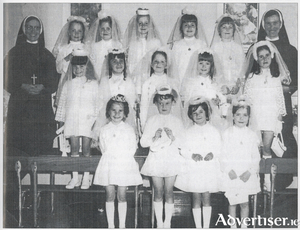
It may be a cliché but the old adage that the happiest days of our lives were the ones we spent at school would be true for most people. When we were in school, we probably thought that it was all lies, but later we gradually realised it was true. Life changes with time but memories of our school days remain the same all the time, days of laughter, smiles, great friendships, games in the school yard, no worries of bills, taxes or finances, desks with flip-tops and inkwells in the middle, heavy school bags, the glantóir, headline copies, the poems we learned, the sheer joy of the last day before the holidays, the imaginative excuses for being late … “The two wheels fell off me bicycle, sir”.

